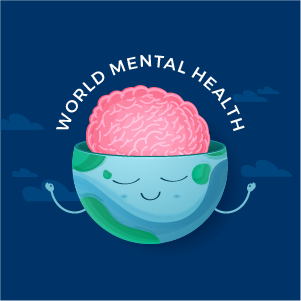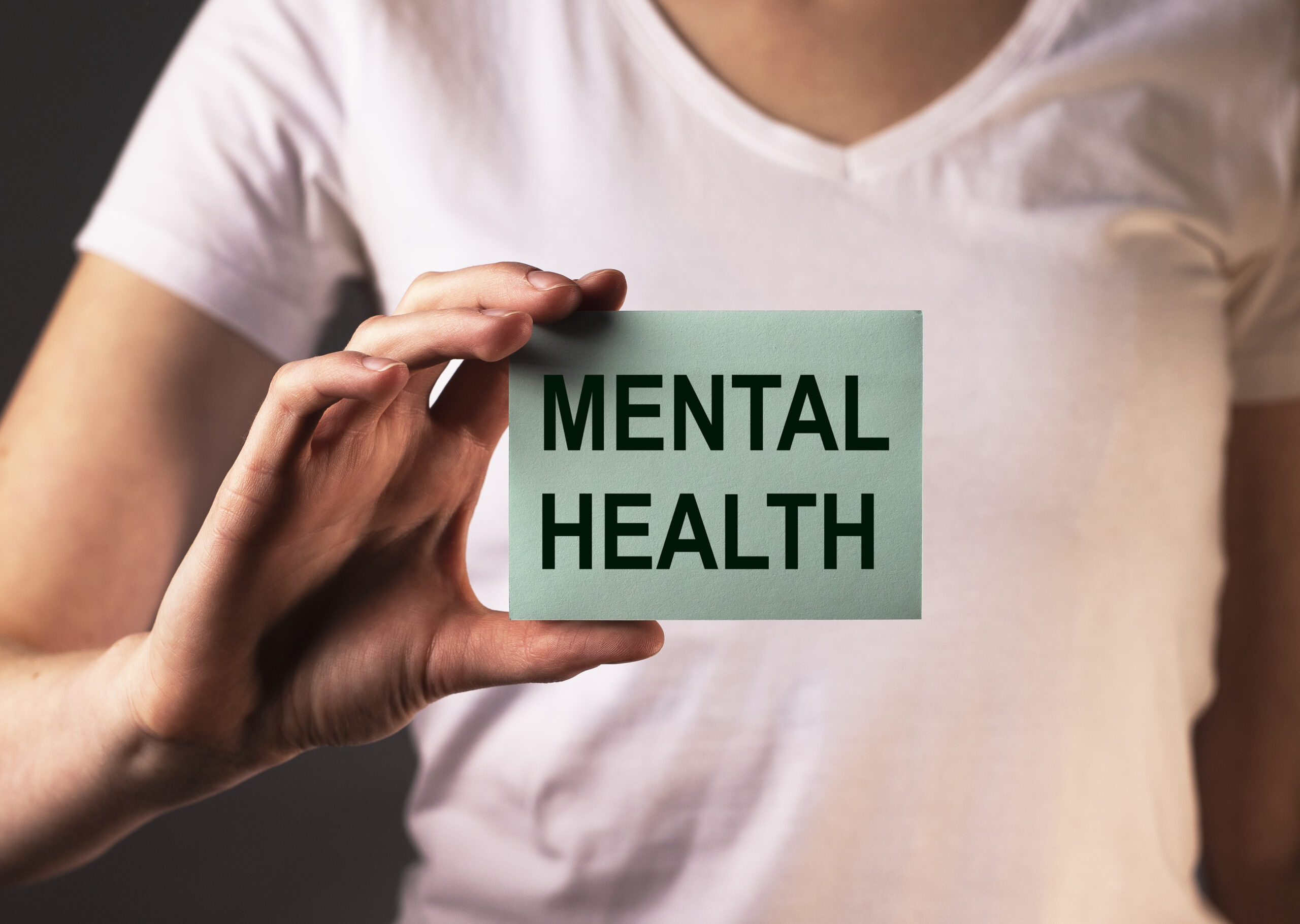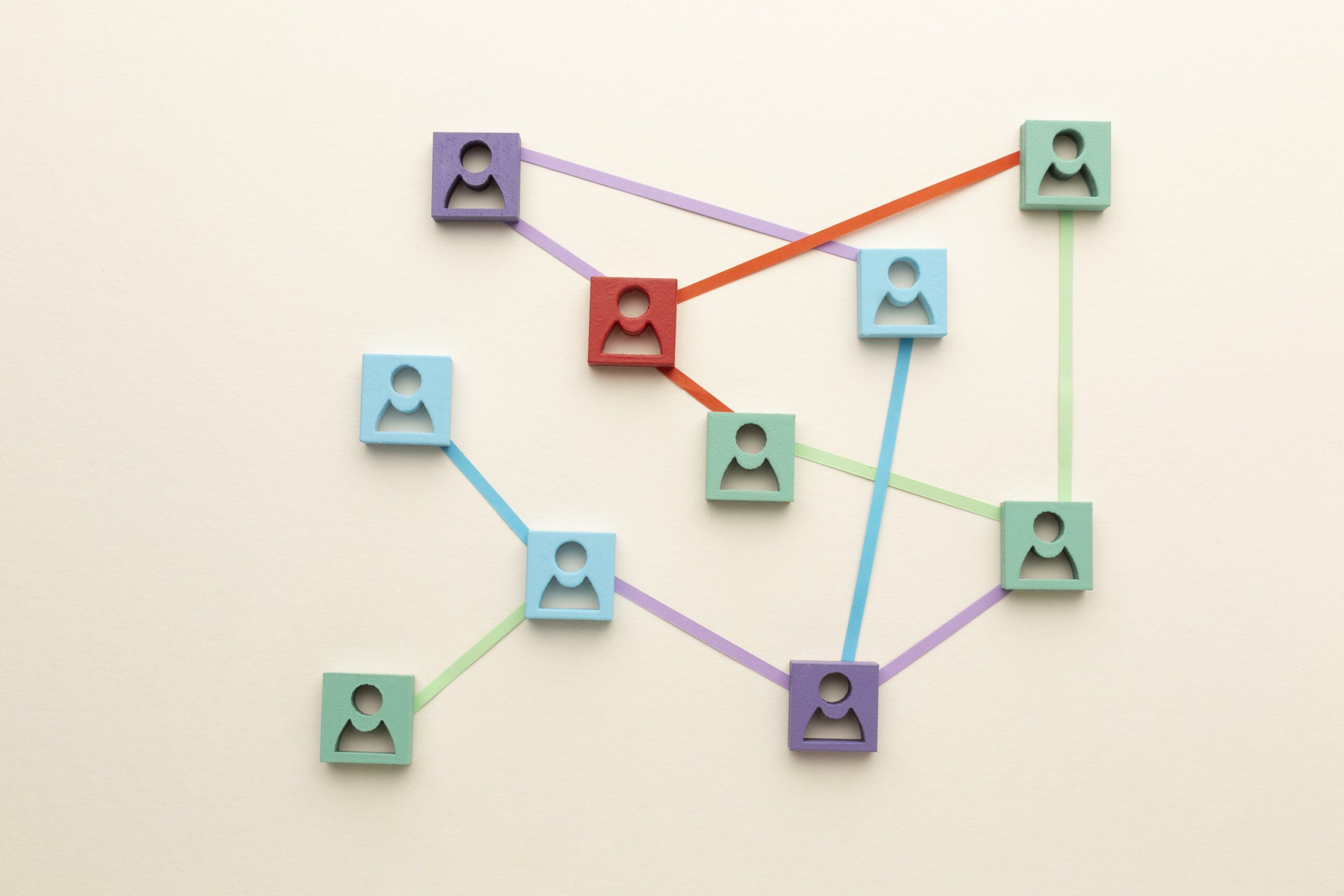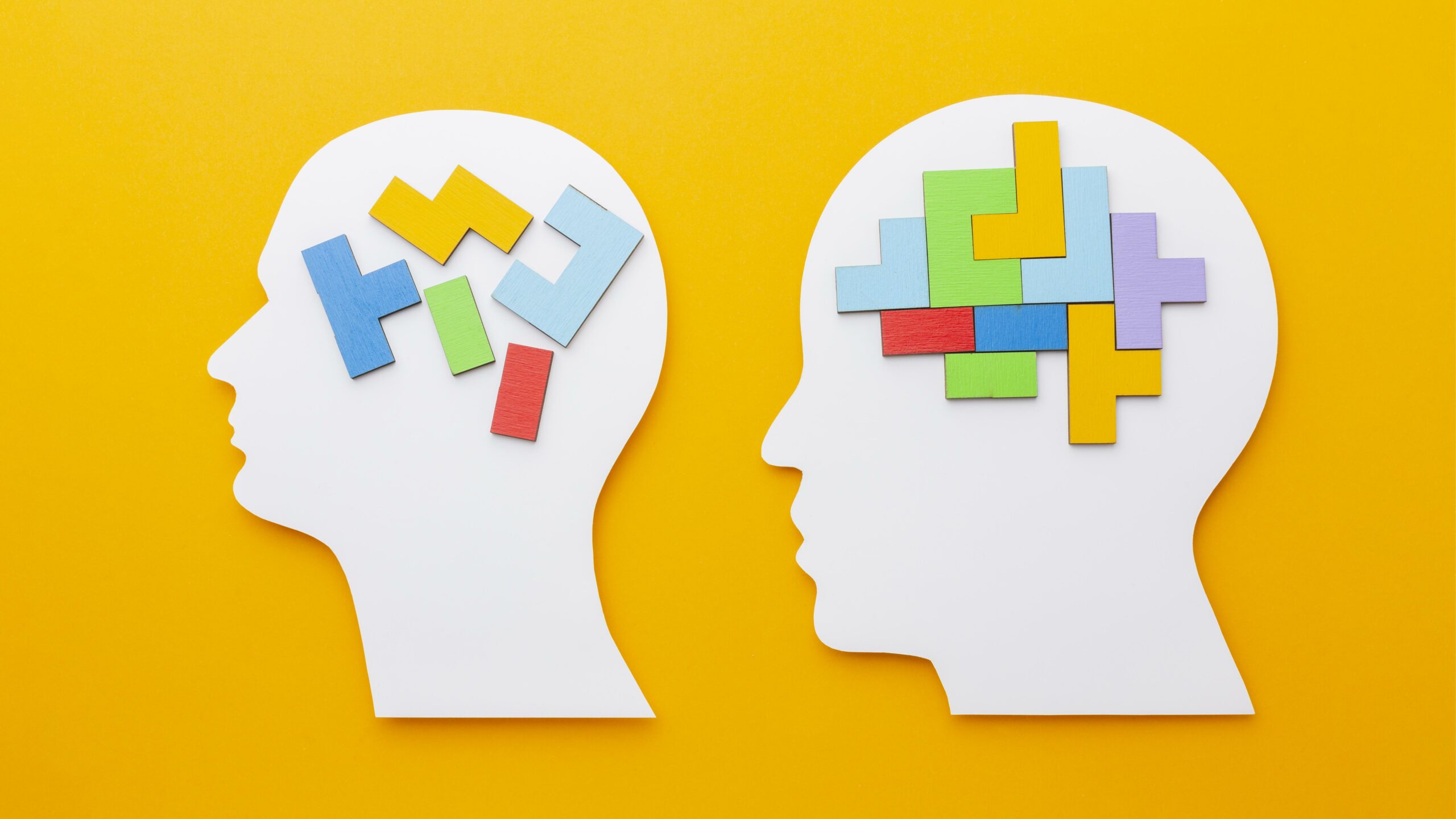
Mental health is a state of mental well-being that enables people to cope with the stresses of life, realize their abilities, learn well and work well, and contribute to their community.
It is an integral component of health and well-being that underpins our individual and collective abilities to make decisions, build relationships and shape the world we live in. Mental health is a basic human right. And it is crucial to personal, community and socio-economic development.
Tuesday, October 10, 2023
World Mental Health Day, a day to raise awareness of mental health issues and think about how we can support mental health.
This year’s theme is:
Mental Health is a Universal Human Right
World Health Organization


Here at Tatonga, we want to support not only our own mental health, but the mental health of those around us. Here are two mental health support concepts we are following right now:
1
The Buddy System
When you are feeling stressed or worried, do you have any physical, emotional, or other types of triggers? Does your left shoulder ache when you have too much on your plate? Do you feel your overall mood dipping low when it is cloudy out? We all have symptoms that tell us when our mental health is suffering, we may not always recognize them for what they are.
This is where a Buddy System comes into play.
By setting up a peer check in system at the workplace, co-workers can identify symptoms that may slip past another person and provide support to that person.

2
Active Listening / Listening on Purpose
Listening to others, our co-workers, our kids, our partners, is so important for their mental health. Active listening, or listening on purpose, is a way of listening where we give our full attention to the speaker with the goal of understanding what they are and aren’t saying.
Here are some tips:
- Set time aside to talk. Can you devote your full attention to the other person, without being distracted by your phone, other tasks, or …. (need something to finish this thought). If the answer is no, postpone the chat, until you can listen on purpose.
- Ensure the person feels safe to talk. They may prefer to chat with a closed office door. Create a safe space for them to be comfortable.
- Be present. Get rid of distractions as much as possible, and anything that may cause you to lose focus on the speaker.
- Be aware of your tone of voice and body language. Make eye contact, smile, and respond appropriately.
- Paraphrase what they are saying back to them. Ask questions. This will help you show you are listening and will also let you confirm you understand what they are trying to tell you.
- Leave space for silence. Let the other person finish their thoughts without interruption and give them space to keep talking. Do not rush them.
- Provide empathy not sympathy. Empathy is when we understand the feelings of another but may not necessarily share them. Sympathy is when you share the feelings of another.
“You cannot truly listen to anyone and do anything else at the same time."
M. Scott Peck, author of The Road Less Traveled


